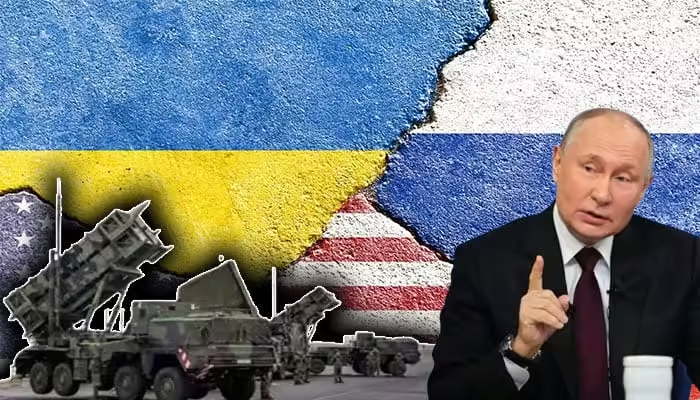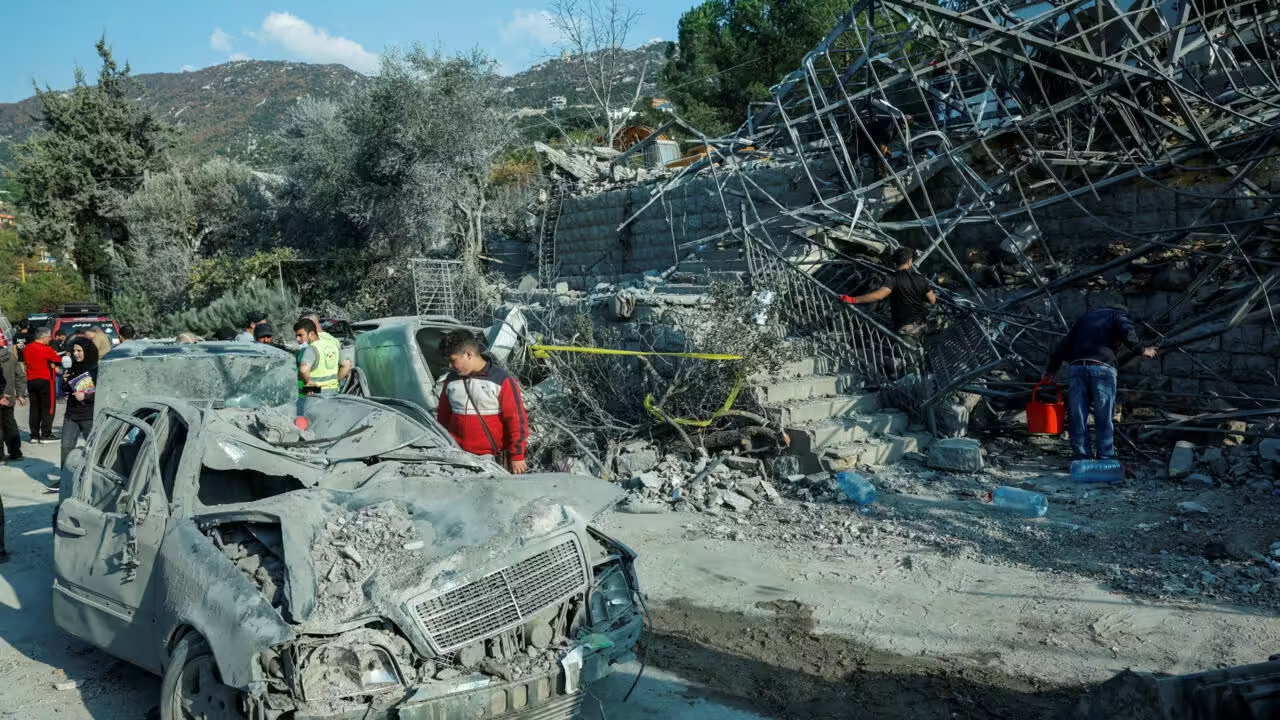The White House has reiterated its firm stance on preventing Ukraine from utilizing US-supplied missiles capable of striking deep into Russian territory, underscoring a critical dimension in the evolving Ukraine conflict. John Kirby, the US National Security Council spokesperson, emphasized that there has been no change in the US policy regarding the supply of long-range missiles to Ukraine, nor is there any expectation of a policy shift in the near future.
This reaffirmation comes amid increasing tension between Russia and NATO over military support provided to Ukraine. According to Kirby, the US aims to assist Ukraine in defending itself against Russian aggression without crossing the line that could potentially escalate the conflict into a direct confrontation between NATO and Russia.
Russia’s Warning: Putin’s Direct Message
In response, Russia has taken a firm stand, with Dmitry Peskov, spokesperson for the Russian presidency, issuing a cautionary note. Peskov reiterated that Russian President Vladimir Putin’s warning regarding the use of such missiles has been explicitly communicated to the US and NATO, with the message clearly understood by the relevant parties.
Putin had earlier expressed serious concerns over discussions within NATO about equipping the Ukrainian military with long-range missile systems. According to the Russian leader, the use of these missiles by Ukraine would not only allow them to target deep within Russian territory but would also draw NATO into the conflict. He implied that NATO members would effectively be joining the war, as such missile operations require extensive military expertise and intelligence—capabilities that Ukraine lacks independently.
Putin emphasized that launching long-range missile attacks would necessitate NATO’s direct involvement, particularly in the areas of satellite intelligence and advanced military technology. His warning suggested that should NATO assist Ukraine in this way, it would represent a significant escalation, prompting Russia to adjust its response strategies.
Escalation Risk: NATO’s Role and Long-Range Missiles
The potential deployment of long-range missiles has become a significant point of concern for Russia. Putin stressed that NATO’s involvement in such operations would indicate that the alliance, particularly the United States and European nations, are entering the conflict more directly. This, according to Putin, would force Russia to reconsider its approach and possibly escalate its military response to what it perceives as heightened threats.
Putin’s statements reflect Russia’s fear that the conflict could broaden into a full-scale war with NATO, should Ukraine gain the capacity to launch missiles deep into Russian territory. Moscow has made it clear that it would respond forcefully to such developments, raising concerns about the potential for further conflict escalation in an already volatile region.
Accusations of Chemical Weapon Use
In a separate but related issue, Russia has raised suspicions about the alleged transfer of chemical weapons from the US to Ukraine. Vasily Nebenzia, Russia’s permanent representative to the United Nations, posed a serious question regarding the presence of “B-Zet,” a chemical agent reportedly being used by Ukrainian forces. Nebenzia claimed that this chemical is typically used only in the US under specific programs, prompting Russia to demand an explanation as to how it ended up in Ukrainian hands.
The allegations, if substantiated, would represent a significant breach of international law and could further deteriorate US-Russia relations. The use of chemical agents in warfare is highly controversial and could draw international condemnation. However, the US has not responded directly to these allegations, and independent verification of the claims remains pending.
US, NATO, and Russia: A Delicate Balance
The current situation presents a delicate balancing act for the US and NATO. While they are committed to supporting Ukraine in defending its sovereignty against Russian aggression, they are also wary of actions that could escalate the conflict into a broader war. Providing long-range missile systems capable of striking Russian territory could be seen as such an escalation, hence the continued US refusal to supply these weapons.
Russia’s warnings, particularly from President Putin, have added to the already tense geopolitical environment, with both sides watching each other’s actions closely. Should Ukraine obtain long-range missiles, it could lead to a significant change in the conflict’s dynamics, forcing Russia to implement more drastic military measures, and raising the stakes for all involved.
A Conflict at a Crossroads
As the war in Ukraine continues, both NATO and Russia remain deeply entrenched in their positions. The question of long-range missiles has become a flashpoint, with the potential to redefine the trajectory of the conflict. The US and its allies appear resolute in avoiding actions that might provoke a direct war with Russia, while Russia warns of dire consequences if NATO crosses certain red lines. In the coming months, the international community will be closely watching how this standoff unfolds and whether diplomatic efforts can ease the escalating tensions.



